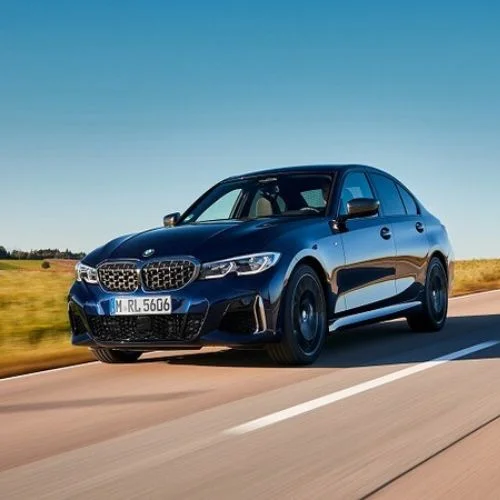Toyota Motor’s Daihatsu division will stop shipping any cars, domestically or internationally, the company announced on Wednesday. This is because a safety scandal probe revealed problems with about 64 models, 22 of which were sold under the Toyota name.
Daihatsu has been the subject of an independent panel’s investigation since it revealed in April that it had manipulated side-impact safety tests for 88,000 small cars, the majority of which were sold under the Toyota name.
The scandal’s scope may now be substantially larger than previously believed, according to the most recent disclosures, which could damage the automakers’ reputation for dependability and quality.
Toyota said in a statement that in addition to a review of certification operations, “fundamental reform” was required to revitalise Daihatsu as a firm.
“This will be an extremely significant task that cannot be accomplished overnight,” it stated. “It will require not only a review of management and business operations but also a review of the organisation and structure.”
The Asahi newspaper previously stated that the automaker, which produces small cars, was discovered to have cheated on safety testing of nearly every model it presently produces as well as certain automobiles it created in the past.
When a whistleblower reported, Daihatsu said in April that it had found out about the improperly carried out testing. Additionally, it announced that it had stopped shipping the impacted models and reported the problem to regulatory bodies.
The following month, Daihatsu said that it has halted sales of both its own Rocky model and the Toyota Raize hybrid electric car due to issues with testing for both models.
According to Toyota data, Daihatsu produced 1.1 million vehicles in the first ten months of this year, with over 40% of those being built at foreign locations. During that time, it sold about 660,000 cars globally, or 7% of Toyota’s total sales.
Recently, a group that represents large automakers requested the Biden administration amend three proposed vehicle rules significantly, citing the risk that doing so would compel automakers to quickly cease producing some gas-powered vehicles.
Among other things, the administration has proposed strict regulations that it believes would cause 67% of new cars to be electric by 2032.
The partnership is a representative of Stellantis, Ford Motor, Volkswagen, Toyota Motor, and General Motors, among others.















